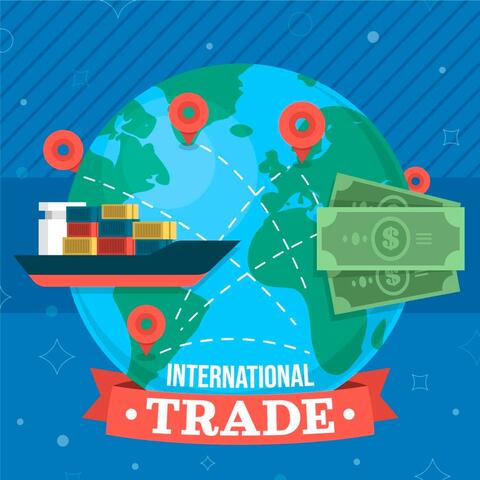Yet, only 51% of women-led businesses are importing or exporting, according to the Centre for Economic Policy Research, compared to 79% of male-led businesses.
Model deals for import-export projects
Here are a couple of examples of creative trade deals that women-owned – and all – businesses might emulate to achieve their financial (and energy and climate) goals:
Thanks to a creative, multi-stakeholder deal backed by the Export Import Bank of the United States (EXIM Bank), much of Angola will have electricity – and clean, carbon-free power – over the next several years. This huge $2 billion deal, which was named “Deal of the Year” this year by EXIM Bank, will be a huge boost to some of the 53% of Angolans that currently lack electricity. The International Energy Agency says 774 million people lack access to electricity across the globe. That’s three-quarters of a billion people. Imagine trying to live your life and run your business without electricity.
This deal is part of the Partnership for Global Infrastructure Investment (PGII) that President Biden announced at the G7 Summit in 2022 to help bring digital and sustainable energy infrastructure to middle- and low-income countries. This deal will bring “solar mini-grids, solar cabins with telecommunications capabilities, and home power kits” to Angola, using $1.3 billion in exports from U.S. companies, and create about 4,000 jobs in Angola, according to the White House fact sheet. These are jobs that will upskill Angolans for long-term benefit, SunAfrica’s CEO Adam Cortese explained on my energy panel at the EXIM Bank conference last week. SunAfrica’s website says the project will serve 500,000 Angolan homes.


